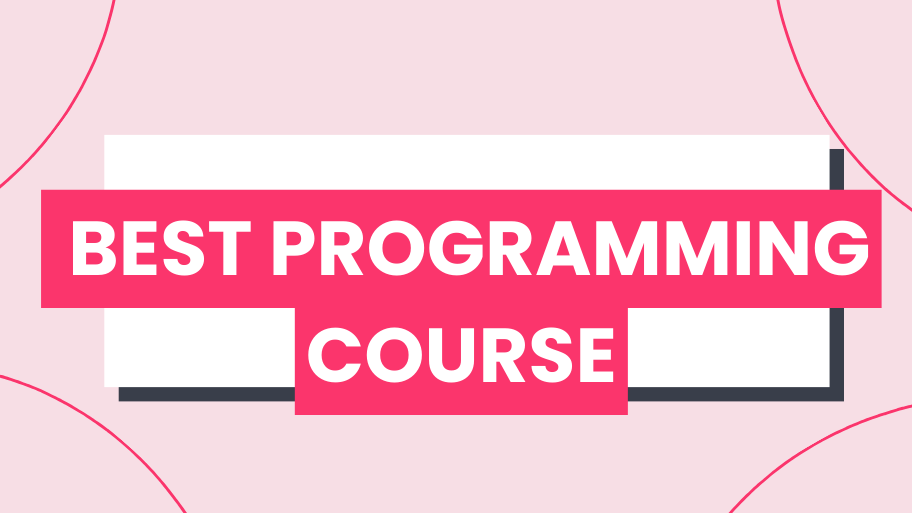Introduction
I tried everything - taking notes on paper, watching YouTube videos on a specific topic, reading complex articles - but what I discovered after doing all of that was that the only thing that worked for me was something I least expected: the art of recognizing my own evolution.
But why is it so difficult to recognize your own evolution? Is there an easy way to do it?
I struggle to share my accomplishments, and even though I can now see my progress, sometimes it feels like it's not enough.
I feel like I'm doing the bare minimum, or that there are others who do ten times more than me.
I HATE comparing myself to others; it's a burning feeling within me. It's completely UNFAIR to compare myself to someone else, but this insecurity that I carry is something I'm working on resolving.
But I believe you also have this feeling of frustration, comparing yourself to people in the IT field who say it's "easy." People say it's easy to find a job, but I don't take away their achievements because each has their own story, circumstances, and privileges, including me. But still... the same thought keeps swirling in your head that you'll never reach that level.
I remember that in my first year of college, I almost quit the course because I simply couldn't keep up with the class and couldn't grasp the basic fundamentals of programming logic.

My mind was filled with thoughts like "I'm falling behind," "I'll never succeed," "I should just give up." But the best thing I did was push those thoughts aside, take notes of my learnings, and do what needed to be done. And it was the best decision I ever made.
The importance of recognizing your personal evolution
The pursuit of personal evolution is a continuous journey in every person's life. As we face challenges, acquire new skills and experiences, and seek a sense of growth and fulfillment, it is natural to question: "How do I recognize my own evolution?" This question intrigues many people, and it intrigues me more and more. I desire to understand and appreciate my own development over time.
Perceiving personal evolution can be a complex task, as it is not always easy to measure or quantify the internal growth that occurs. Often, we are immersed in our daily routines, busy with obligations and demands, and may not be aware of the subtle changes happening in our mindset, skills, and perspectives. However, developing the ability to recognize and value this evolution is essential for our emotional well-being and continuous motivation.

How to recognize your own evolution
Well, as I mentioned at the beginning, I'm not the best person to recognize others, but I will now explain something that I apply in my daily life or from time to time.
Set clear and measurable goals
One of the first steps in recognizing our evolution is to set clear and measurable goals. By defining tangible goals in different areas of life, such as career, relationships, or health, we create a framework for evaluating our progress. By achieving these goals, even in small steps, we can recognize and celebrate the growth we have achieved. And the best way to create goals is by writing them down...
For example, there is a story I shared on Instagram about a notebook I have had since the beginning of my career, where I wrote down my life goals. After years, seeing that I have accomplished a large part of those things is a wonderful feeling. In those moments, I can see how much I have grown and evolved, not just professionally but as a person.
I have a board here on the left where I see it EVERY day with my goals that I want to achieve, not necessarily this year, but in the future,
- Improve my English level from A1 to C1; currently, I'm at B1, so it's already a victory.
- Develop a side project.
- Achieve...
Take you from point A to point B by generating value from the things I know, that I would like to share, show my culture, my thoughts, ideas, and document.
But this is not a rule; do it in whatever way you want.
Regular self-assessment
In addition, regular self-assessment plays a crucial role in the process of recognizing personal evolution. Taking time to reflect on our experiences, such as achievements (for example, passing the university entrance exam, passing the driving test, buying my motorcycle and later my car, my apartment), allows us to identify patterns, lessons learned, and areas we have developed. By questioning ourselves about the skills we have acquired, the new perspectives we have gained, and how we have dealt with adversity, we gain valuable insights into our own evolution.
Seek constructive feedback
Seeking constructive feedback also plays an important role in recognizing personal evolution. By receiving insights and perspectives from trusted individuals, such as mentors, friends, or colleagues, we can gain an external view of our growth. Feedback can reveal aspects that we may not be able to see on our own and provide a more objective assessment of our progress.
Cultivate a mindset of gratitude and celebration
As we progress in our pursuit of recognizing personal evolution, it is also crucial to cultivate a mindset of gratitude and celebration. Recognizing our achievements, even the small ones, take a moment to make and review notes. For example, every Friday, I take time to look back at what I have accomplished. Writing on Monday is when I write the most; it motivates me throughout the week to achieve new things.
But don't focus on the number of completed activities. It's just one task you accomplished, learned, and contributed to that day.
The important thing is to keep these notes and review them when necessary.
See you later!




